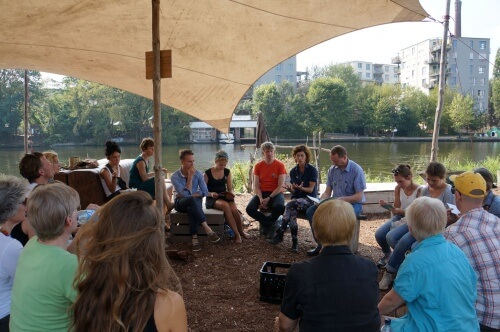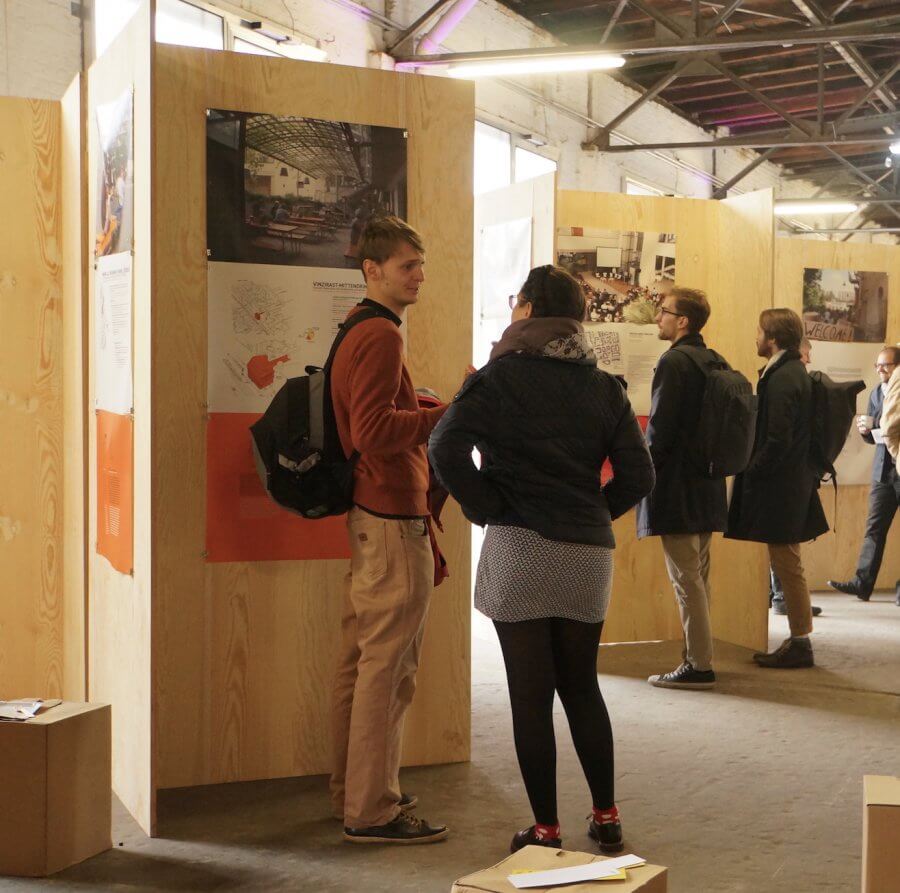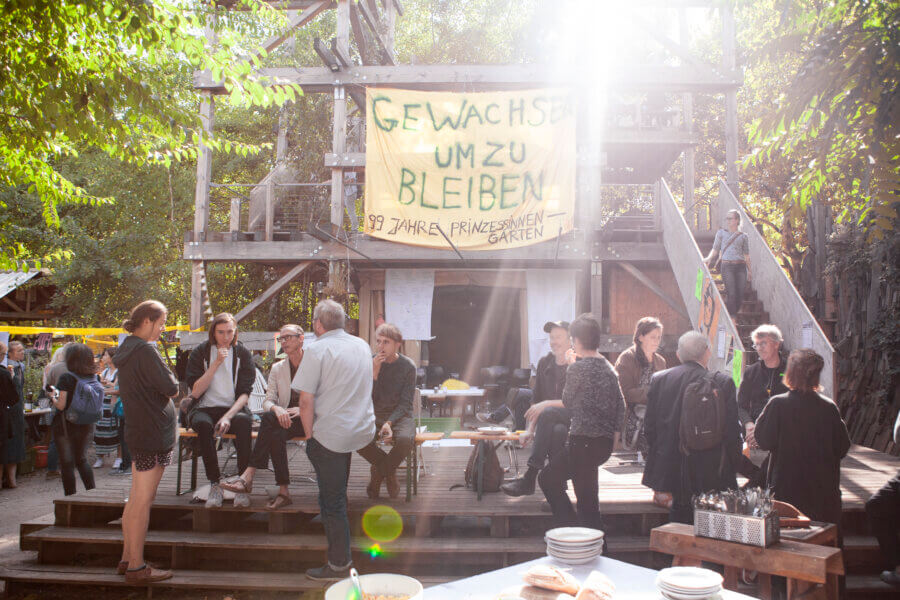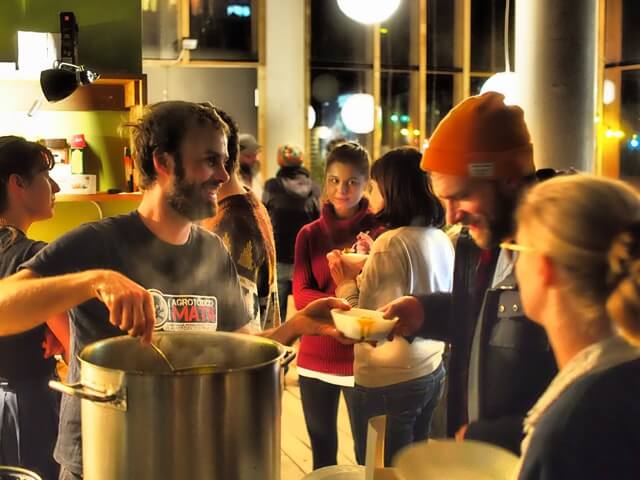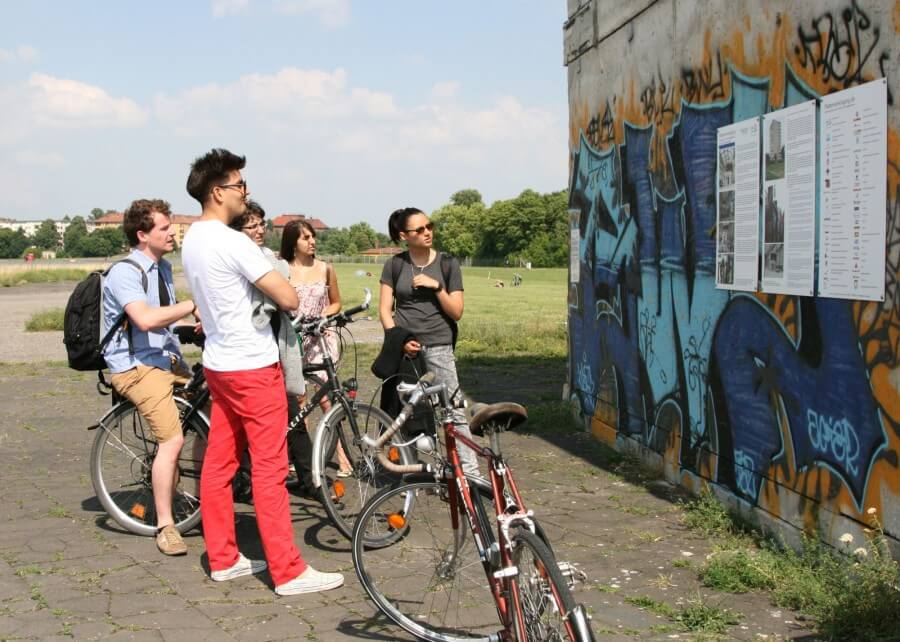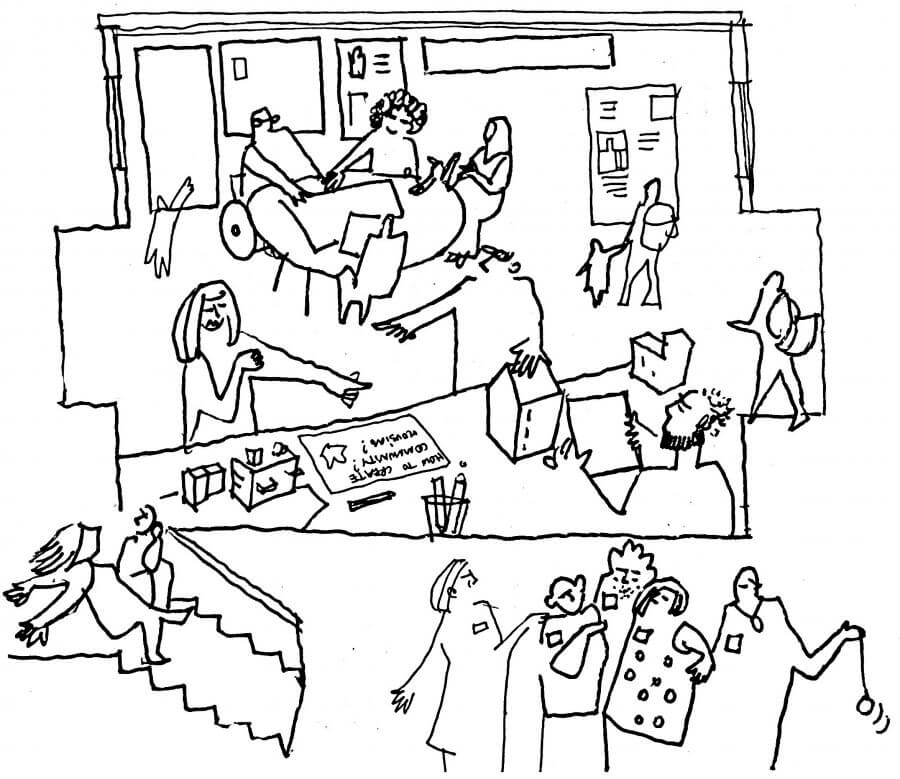Social-Ecological Cooperative Housing – eBook
SOCIAL-ECOLOGICAL COOPERATIVE HOUSING
Community-based, transformative building and living
From land speculation and exploding rents to climate change and social inequality, we find ourselves in an age of overlapping crises. As such, it is more important than ever that we rethink the ways we live and share, as well as our systems of land and property ownership.
CoHousing Inclusive
Self-organized, community-led housing for all.
Experimental dwelling forms—CoHousing Cultures—are entering the mainstream. But to what extent are they accessible and affordable for all, including people with more or less money, with or without refugee experience, with or without disabilities?
